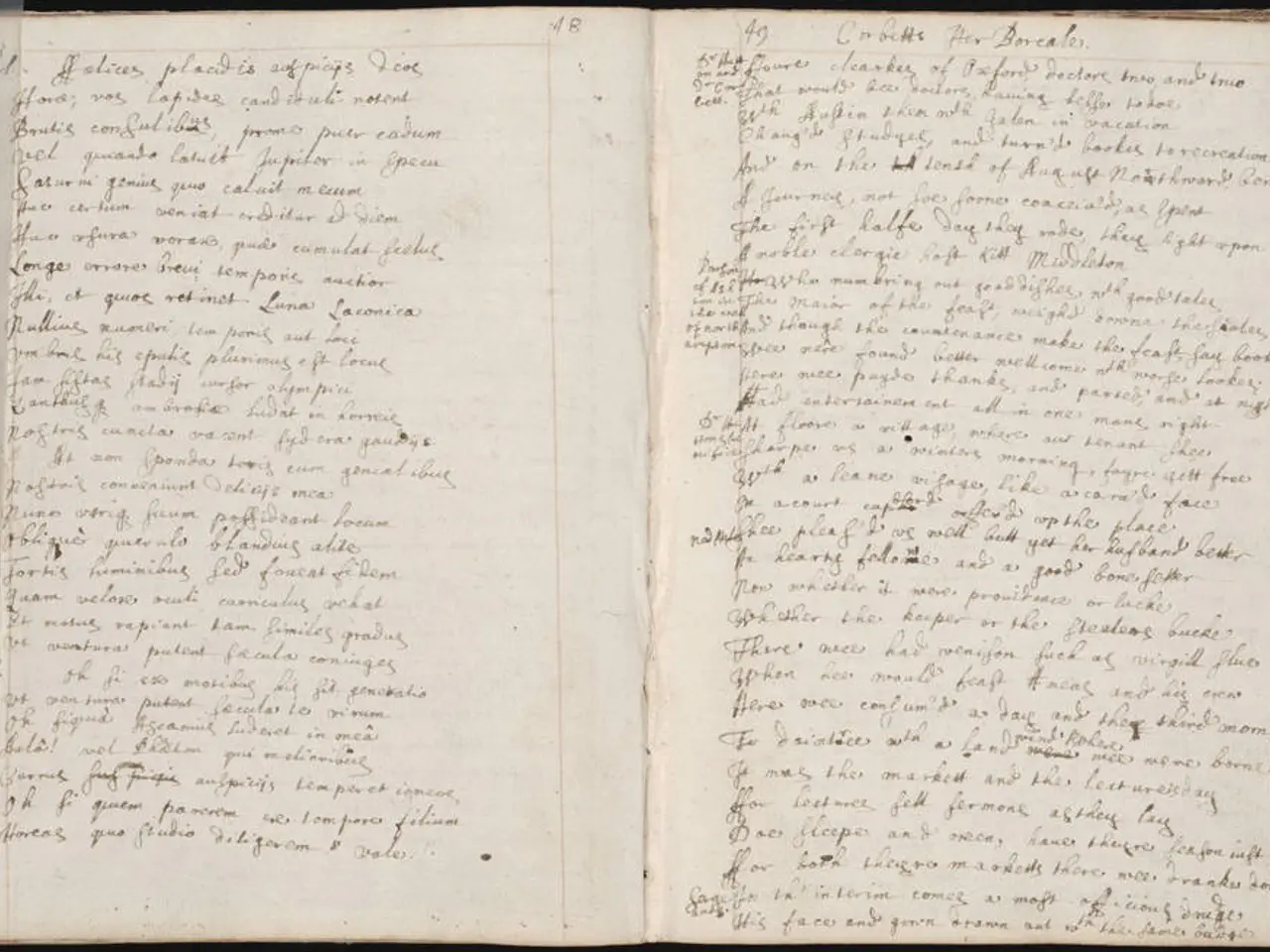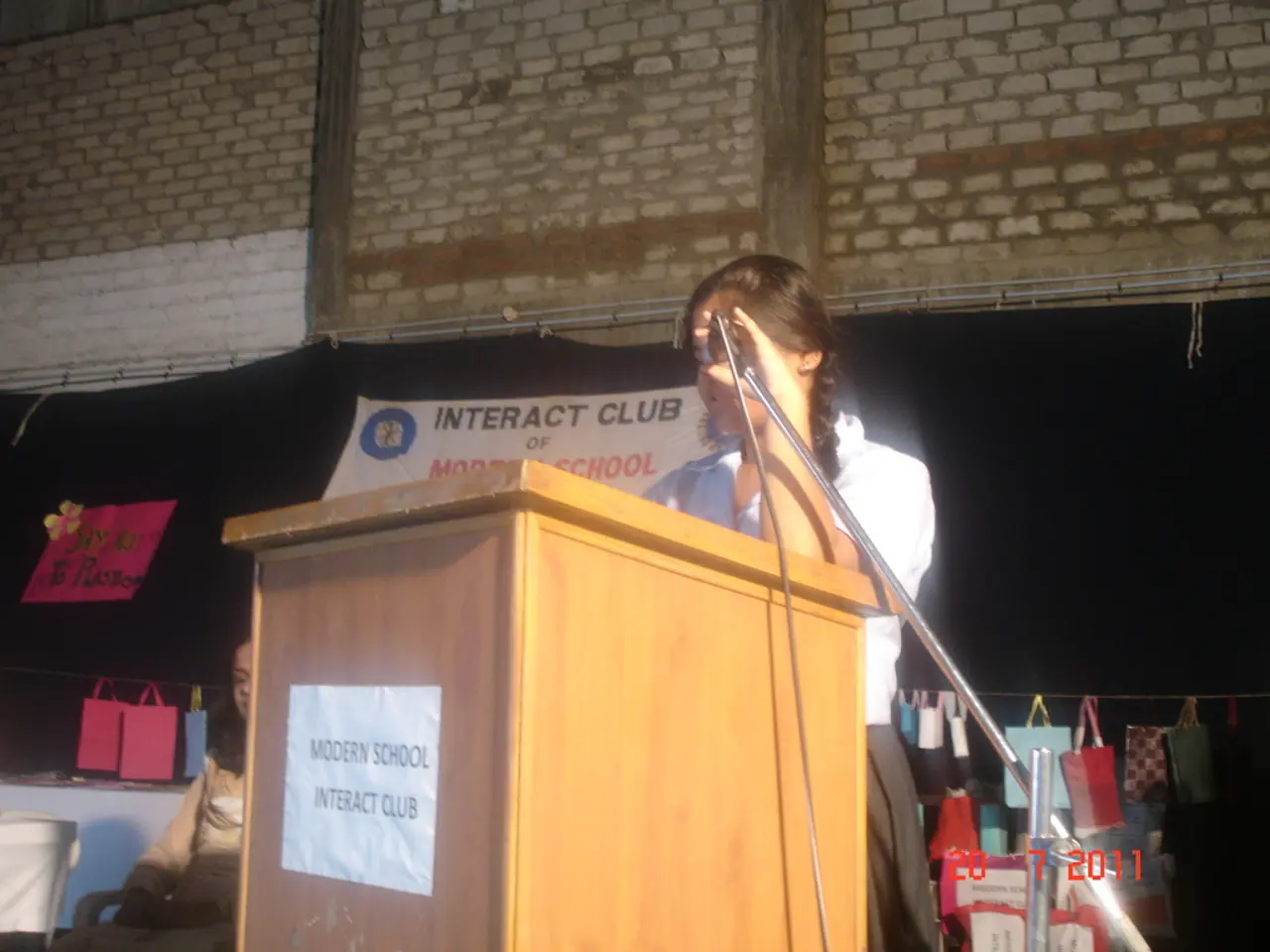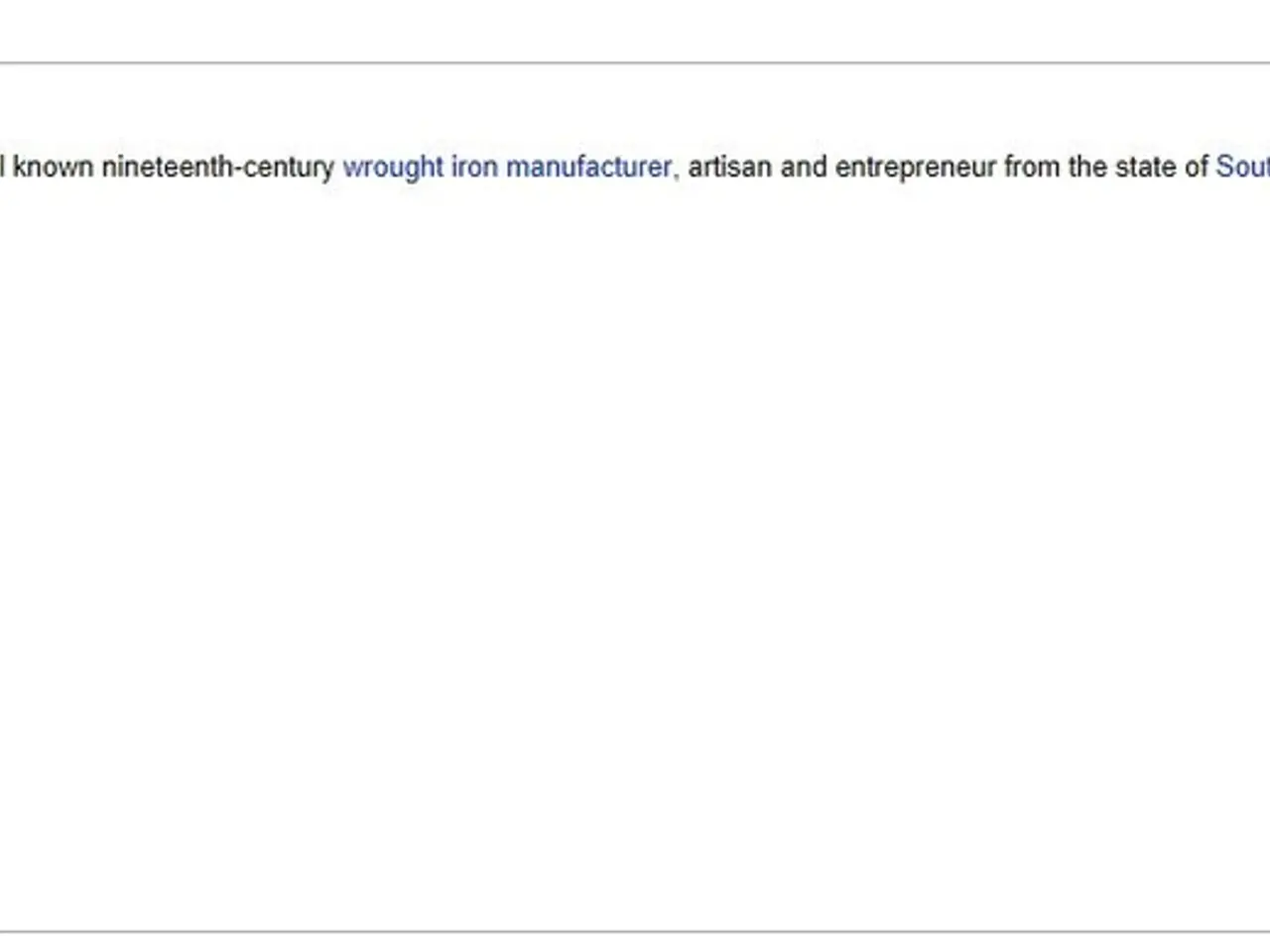Honours the labor of millions of displaced Germans, according to Merz
Seventy-five years ago, on August 5, 1950, the Charter of the German Expellees was signed in Stuttgart, marking a significant moment in the history of the millions of Germans who were displaced from their homes in Central and Eastern Europe following World War II.
The charter, signed by representatives of the German expellees, declared a renunciation of revenge and retaliation, and a commitment to inter-ethnic understanding. It emphasized the importance of peace, freedom, and reconciliation, and called for the protection of the rights of expellees and their integration into their new communities.
However, the charter has been the subject of controversy. Critics argue that it contributes to a selective narrative, minimizing or ignoring the role of Nazi Germany’s aggression and policies that precipitated the expulsions. Some scholars and critics view the charter as a symbol of German repression techniques, as it focuses exclusively on victimhood and suppresses debate about guilt, responsibility, and reconciliation.
The controversy surrounding the charter extends to its political implications. Some argue that it has prolonged tensions in German-Polish and German-Czech relations, as it insists on recognition without addressing deeper questions of reconciliation.
Despite these criticisms, the charter remains an important historical document that reflects the experiences and aspirations of the millions of Germans who were displaced by the events of World War II. The commemorative ceremony held in Stuttgart on Tuesday, as part of the "Day of Homeland 2025" organized by the Federation of Expellees, served to honor the memory of the expellees and reaffirm the importance of the charter's principles in contemporary society.
German Chancellor Friedrich Merz, speaking at the ceremony, praised the contributions of the German expellees to the country's economic foundation. He acknowledged the hardships faced by the expellees, including being stateless and homeless, and being treated as second-class citizens in their new homes. Merz also referred to Germany's guilt in World War II, noting that political and moral judgments on guilt may be clear, but the reality of war always creates victims on all sides.
The State Agency for Civic Education of Baden-Württemberg, in its reference to the charter on its website, highlights the tension between it being a "trailblazing document of reconciliation and peace" and a "self-serving victim document." The agency also quotes publicist Ralph Giordano, who is said to have called the document "a prime example of German repression techniques."
The Federation of Expellees, however, believes that the charter was ahead of its time. The organization views the charter as paving the way for reconciliation, as emphasized by Baden-Württemberg's interior minister, Thomas Strobl (CDU), before the event.
In conclusion, the Charter of the German Expellees, while controversial, remains a significant historical document that reflects the experiences of millions of Germans displaced by World War II. Its interpretation and legacy continue to be a subject of debate, reflecting the complexities of post-war German society.
- Amid the ongoing debate, the Charter of the German Expellees is also impacting current policy-and-legislation discussions, as some politicians draw parallels between the past and present, particularly in regards to ethnic conflicts and the need for reconciliation.
- As the controversy surrounding the Charter of the German Expellees continues to unfold in the realm of politics and general-news, scholars, critics, and public figures alike are calling for a more comprehensive understanding of victimhood and responsibility that encompasses all parties involved in the post-World War II expulsions.








